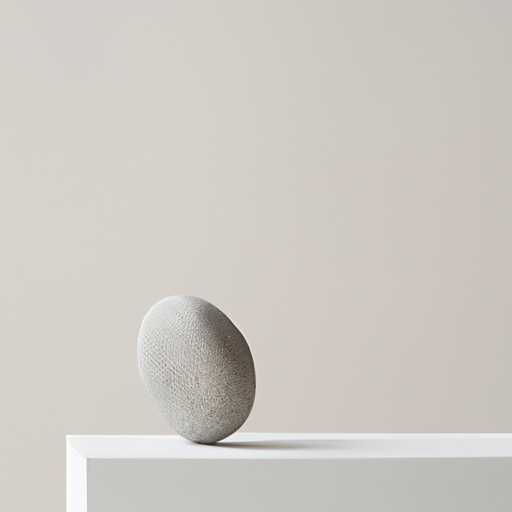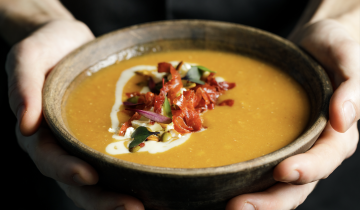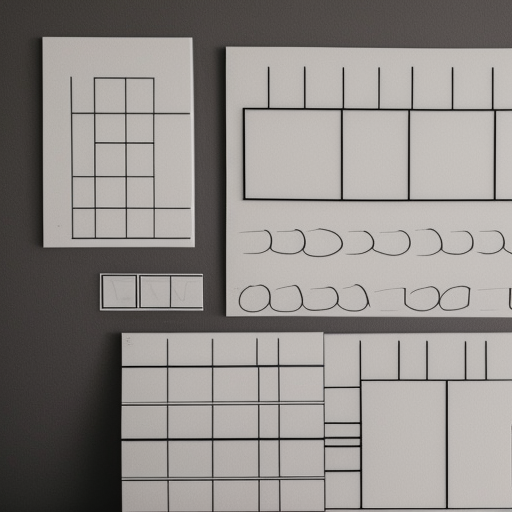Meditation has been used for centuries as a tool to bring physical, mental, and spiritual balance into our lives. It can help us to relax in stressful times, improve concentration, and increase self-awareness. Studies have shown that regular meditation can even help protect against age-related cognitive decline and reduce the risk of depression or anxiety. With so many benefits available through this ancient practice, it’s no wonder why more people are turning to meditation each day! In this article we will explore the various benefits of meditation, how you can get started with your own practice, different types of meditations you might want to try out, tips on making the most out of your meditations sessions and resources for further exploration and support.
Minimalism and meditation have often been connected to one another. Minimalism is a lifestyle that involves reducing clutter, simplifying life, and focusing on what matters most. Meditation is an ancient practice used to bring physical, mental, and spiritual balance into our lives. These two practices are deeply intertwined because they both involve the notion of clearing out unnecessary distractions in order to find clarity within ourselves. By incorporating these two practices together it’s possible to create a balanced lifestyle that helps foster self-awareness and inner peace.
Meditation can be used to reduce stress, improve mental clarity and focus, increase self-awareness, and even strengthen physical health. Regular meditation can also help to lower blood pressure, reduce anxiety levels, boost the immune system, and improve overall wellbeing. Research suggests that just a few minutes of meditation per day can have profound effects on both physical and mental health. Whether you’re looking to relax or gain insight into your life path, there are numerous benefits of meditating regularly.
A recent comprehensive study published in the journal Psychiatry Research has highlighted the potential health benefits of meditation. The study, which was conducted by researchers from Harvard Medical School and Massachusetts General Hospital, examined more than 18,000 participants who had participated in meditation for more than two years.
Getting started with meditation can be a daunting task, especially if you’re new to the practice. However, it doesn’t have to be intimidating or overwhelming. With just a few simple steps, you can easily begin your journey into meditation and start reaping the many benefits it has to offer. First off, find a comfortable place where you won’t be disturbed for at least 10-15 minutes. This could be in your bedroom, living room or even outside in nature if weather permits. Next, take some deep breaths and focus on each inhale and exhale as they come naturally without forcing them; this will help relax your body and mind so that you can settle into the meditative state more easily. Finally, choose a mantra or affirmation that resonates with you such as “I am peaceful” or “I am open to receiving love”; repeating these words silently during your session will help keep your focus on what matters most while also allowing positive energy to flow through your being. Once you get familiarized with these steps it becomes much easier to slip into a meditative state quickly and effortlessly!
Meditation is a powerful tool for reducing stress and anxiety, improving focus and concentration, and even cultivating greater self-awareness. But it can be difficult to get the most out of your meditation practice.
Here are some tips for making the most out of your meditations:
First, set aside a specific time each day when you plan to meditate. This helps make it part of your daily routine so that you don’t forget or put it off until later. Second, find a comfortable spot in which to sit and relax – this could be anywhere from on the floor with cushions or in an armchair. Thirdly, keep distractions such as phones and other digital devices at bay during your session; this will help minimize any distractions that could disrupt your flow of thought. Finally, focus on deep breathing techniques while paying attention to how each breath feels; this will help calm the mind and body while allowing deeper insight into yourself.
Resources to help you get started, ranging from short sessions when you can fit them in to deeper reading and programs:
- The Power of Now: A Guide to Spiritual Enlightenment by Eckhart Tolle is a must-read for anyone looking to deepen their meditation practice. It dives into the concept of living in the present moment and how it can transform our lives and bring clarity and peace of mind. It includes practical exercises, helpful advice, and inspiring stories
- The world-leading meditation app, Calm, provides users with an array of features to help them relax and find inner peace, such as free daily meditations and sleep stories, breathing exercises, relaxing music soundtracks, and calming nature sounds. The app also offers premium content like mindfulness courses taught by experts, and personalized programs tailored to specific needs.
- A personal favorite of mine is Jon Kabat-Zinn’s Mindfulness and Meditation course available on Masterclass.





 No products in the cart.
No products in the cart.